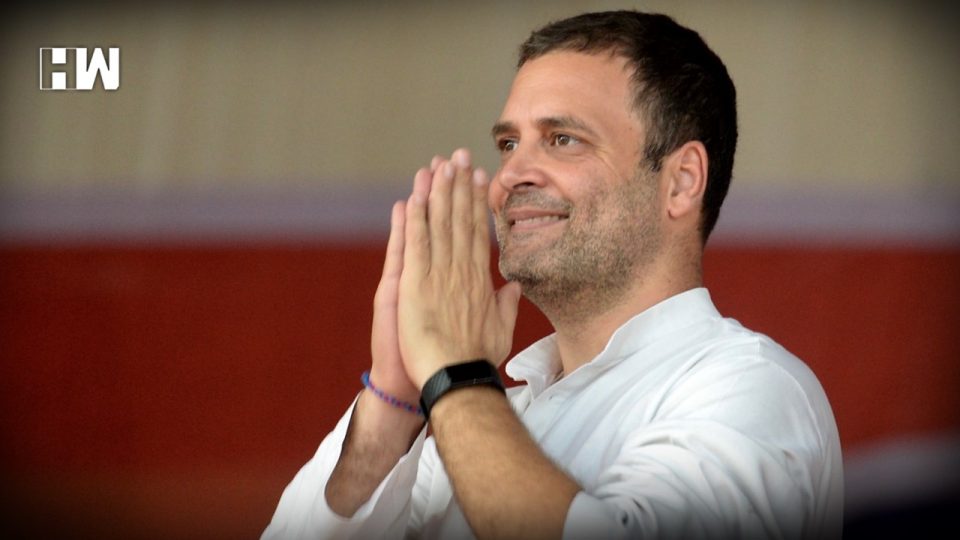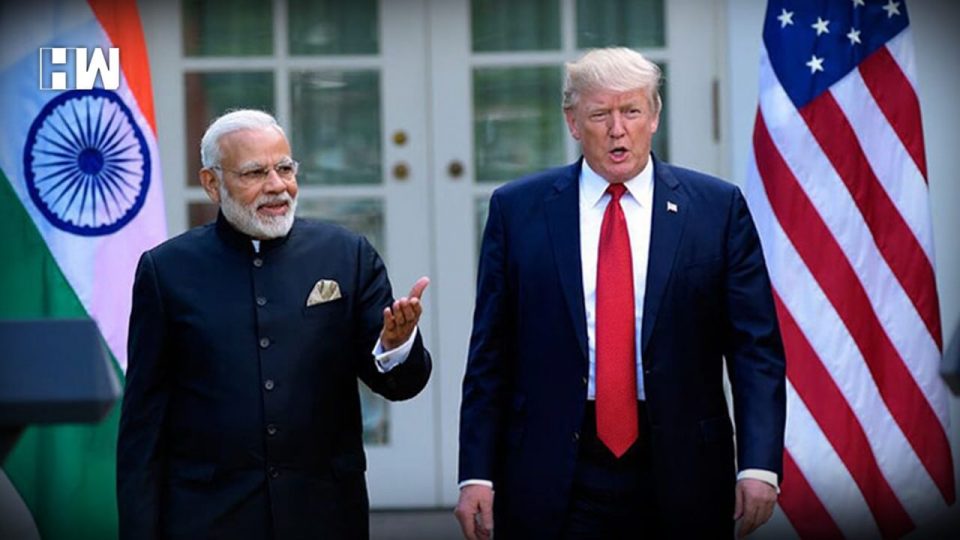Amethi (UP) | The Amethi returning officer (RO) on Monday set aside objections on Congress president Rahul Gandhi’s nomination papers for the seat and held the document valid, after scrutinising allegations of discrepancies over citizenship and other issues.
After hearing Gandhi’s counsel, Returning Officer Ram Manohar Misra declared his nomination papers for the Amethi Lok Sabha seat as valid.
An Independent candidate and three others had on Saturday raised objections over the Congress president’s nomination from Amethi, alleging discrepancies over citizenship and educational qualifications in his election affidavit.
Complainant Dhruv Lal’s lawyer Ravi Prakash had submitted before the RO purported copies of a certificate of incorporation of a UK-registered company in which the Congress leader is stated to be a British national.
He claimed that the UK company had existed for five years and would have made some profit, but that has not been disclosed in the affidavit.
Prakash said he had sought a clarification on Gandhi’s citizenship as being a UK citizen would bar him from contesting the Lok Sabha elections.
As an independent media platform, we do not take advertisements from governments and corporate houses. It is you, our readers, who have supported us on our journey to do honest and unbiased journalism. Please contribute, so that we can continue to do the same in future.


